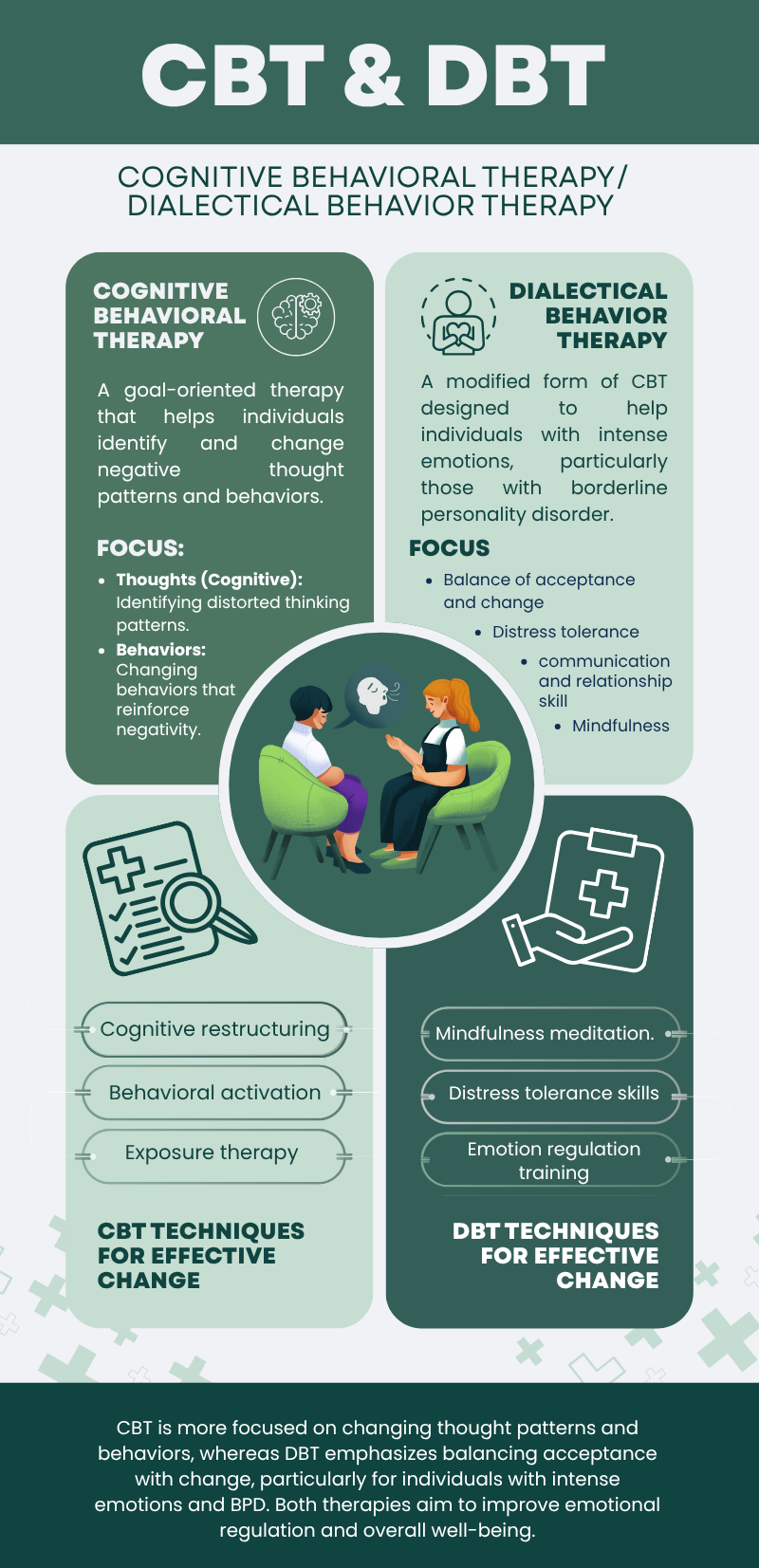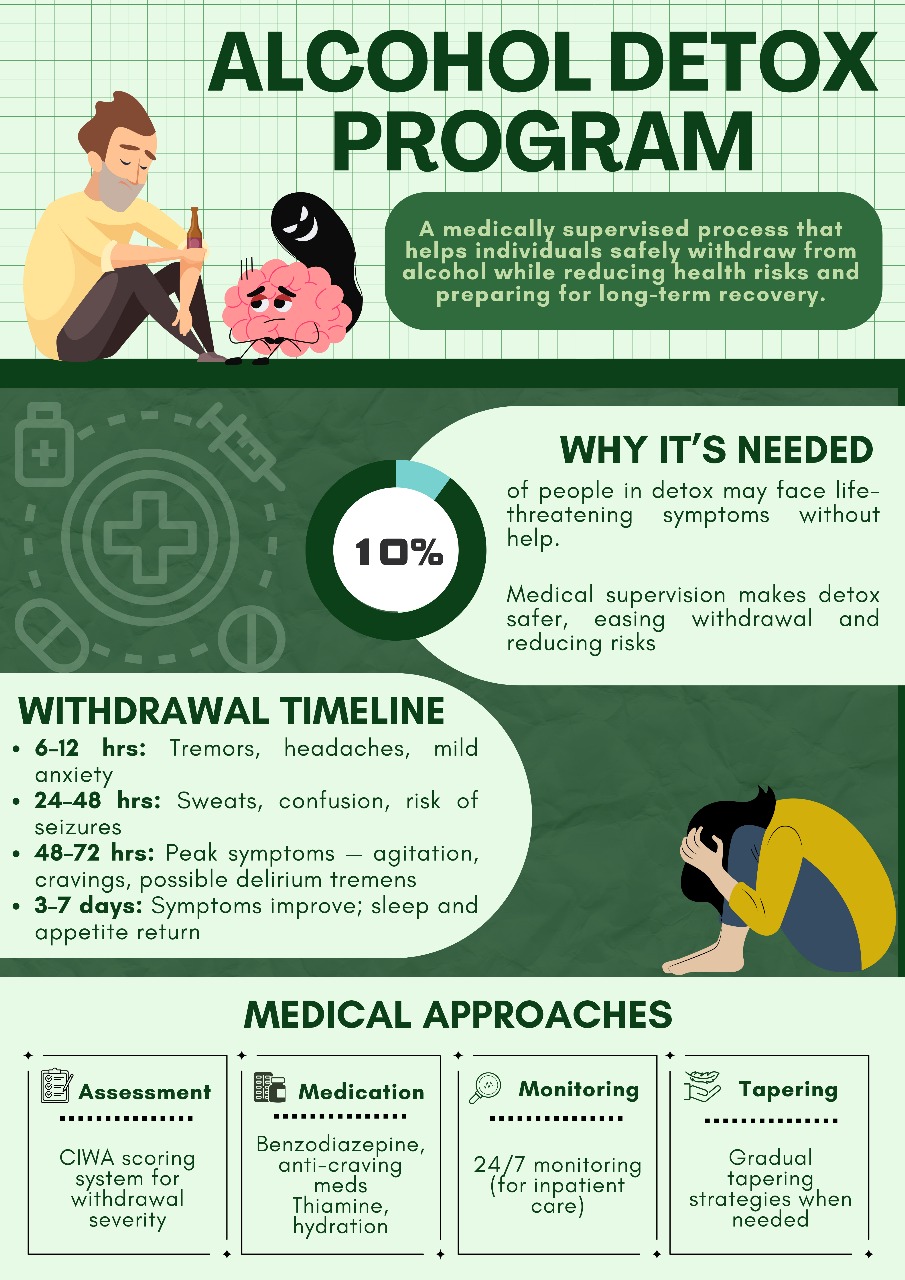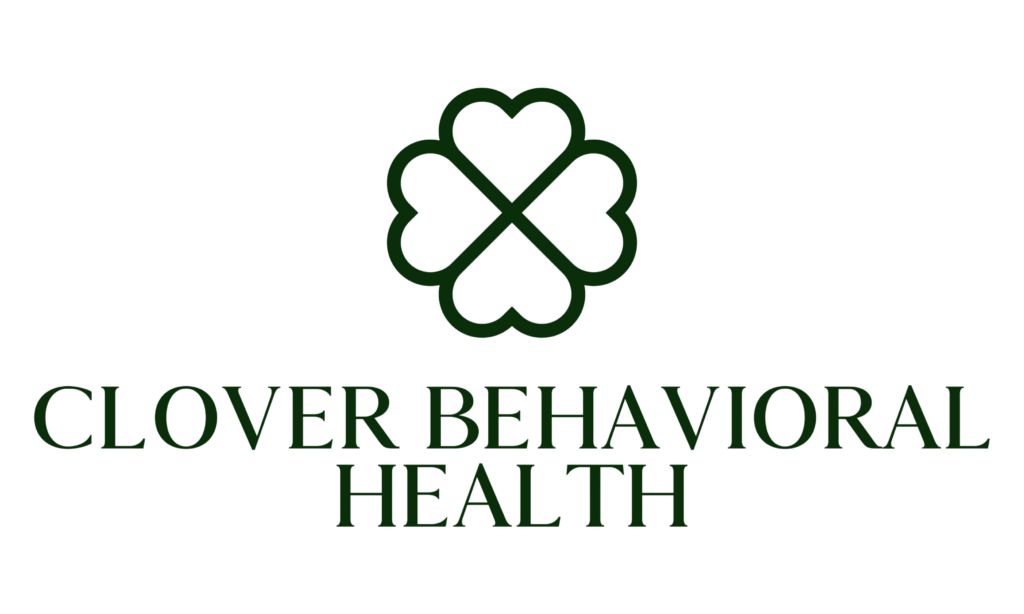Emotional Regulation During Withdrawal: DBT in Outpatient Alcohol Detox Programs in Bedford, MA
“Between stimulus and response, there is a space. In that space is our power to choose our response.” — Viktor Frankl
Let’s be honest about something nobody really prepares you for.
When you stop drinking, your body freaks out. You knew that part. The shakes. The sweats. The nausea. The insomnia that makes you want to claw your way out of your own skin.
But what does nobody tell you? Your emotions go absolutely feral.
One minute, you’re crying over a commercial about saving dogs. The next, you’re rage-texting someone who mildly inconvenienced you three years ago. You become numb after that. Then you’re terrified. After that, you’re finally sure that without you, everyone would be happier.
This isn’t weakness. This isn’t you “not trying hard enough.” This is your brain recalibrating after years of using alcohol to regulate emotions it never learned to handle on its own.
Your Brain Built a System You Didn’t Know About
This is what happened while you were drinking.
Every time things got hard, alcohol stepped in. It turned down the volume of your anxieties. Blurred the edges. Made everything tolerable.
Your brain noticed, and it stopped developing other ways to cope. Think of it like this. If you drove to work every single day for five years, you’d forget how to take the bus. You wouldn’t have the schedule memorized. Wouldn’t know which stops to get off at.
That’s what happens with emotional regulation. Alcohol became your only route. And now that you’re trying to quit? Your brain is standing at the bus stop with no idea what to do.
Nearly 27.9 million Americans aged 12 and older had alcohol use disorder in 2023. Most of them aren’t skid row stereotypes. They’re your coworker who drinks a bottle of wine every night. Your friend who needs beer to relax. The person in your family who gets mean when they drink but swears they’ll cut back.
Why Your Emotions Are a Nightmare Right Now
The physical symptoms get all the attention. Tremors. Rapid heartbeat. Night sweats. Sometimes seizures. But the emotional symptoms? They’re just as brutal and last way longer.
Anxiety and depression that feel like drowning. Not the “I’m worried about something” kind. The “my chest is tight and I’m convinced I’m dying” kind. Irritability on a hair trigger. Everything annoys you. Everyone annoys you. You snap at people you love and then hate yourself for it.
The worst part is that your brain is screaming at you that alcohol would fix all of this. That’s because it would. Temporarily. That’s the whole trap.
Research shows that emotional dysregulation during withdrawal is one of the biggest predictors of relapse. Not willpower. Not “wanting it badly enough.” The inability to tolerate the emotional chaos.
This is where most people grit their teeth. Try to muscle through. But willpower isn’t a strategy. It’s a muscle that gets exhausted. You need actual skills. That’s where DBT comes in.
Role of DBT in Outpatient Alcohol Detox
Dialectical Behavior Therapy was originally created for people who experience emotions so intensely that it’s like living without skin.
However, therapists noticed something. The skills DBT teaches? They work for anyone dealing with emotional dysregulation. Including people in early recovery.
DBT isn’t about analyzing your childhood. It’s about teaching you how to survive the present moment when everything feels unbearable.
The therapy has four core skills:
- Distress Tolerance.
How to get through a crisis without making it worse. How to ride out cravings without reaching for alcohol. - Emotion Regulation.
Understanding what you’re feeling. Why you’re feeling it. How to change emotions you don’t want without suppressing them entirely. - Mindfulness.
Staying present instead of spiraling into “what if” thoughts. Learning to observe your feelings without being controlled by them. - Interpersonal Effectiveness.
Communicating your needs without exploding. Setting boundaries. Asking for help without feeling like a burden.

In outpatient detox programs, these aren’t theoretical. They’re practical tools you use every single day. Multiple times a day. Sometimes every hour.
The Emergency Tools That Work
Let’s get specific. You’re three days sober. Your skin is crawling. You want to drink. You want to do literally anything to make this feeling stop.
This is when you use TIPP.
Temperature. Splash cold water on your face. Hold ice cubes in your hands. Take a cold shower. Cold temperature immediately calms your nervous system. It’s biology, not willpower.
Intense exercise. Do jumping jacks. Run up and down stairs. Burn off the adrenaline flooding your system.
Paced breathing. Breathe in for four counts. Hold for four. Out for six. Repeat. Slower than your anxious brain wants to.
Paired muscle relaxation. Tense every muscle in your body. Hold it. Then release everything at once.
Also, try Opposite Action. It means doing the exact opposite of what the emotion urges. Depression says stay in bed? Get up. Go outside for five minutes. Shame says isolate? Text someone.
Most intense cravings last 15-20 minutes. If you can survive that window without drinking, you win.
The Real Reasons Outpatient Care Is Effective
There’s this idea that real recovery happens inpatient.
That if you’re serious, you check yourself into a facility for 30 or 60 days.
Yet, for a lot of people? Outpatient programs are not only more realistic. They’re more effective.
You’re learning skills in the environment where you’ll actually use them.
You’re in your real life. Going to your real job. Dealing with your real stress.
Learning to cope without alcohol in the exact situations where you used to drink.

You maintain your support system. You don’t have to leave your job, your family, or your responsibilities.
Moreover, it’s way more affordable. Inpatient treatment can cost $20,000 to $30,000 for 30 days. Outpatient insurance plans in Bedford are cost-effective and usually covered by insurance.
Final Words
At Clover Behavioral Health Center in Bedford, there are therapists who will realize that not everything will work in a straight line towards recovery. Relapse is not the same as failure. The fact that you tried to quit previously but failed does not mean that you are a lost cause.
The initial step is the most difficult. And you do not have to take it by yourself. Contact us at 978-216-7765 to get to know more about our outpatient alcohol detox program and how DBT can get you through early recovery without losing your mind.
No judgment. No shame. Just real help from people who know how hard this is.














